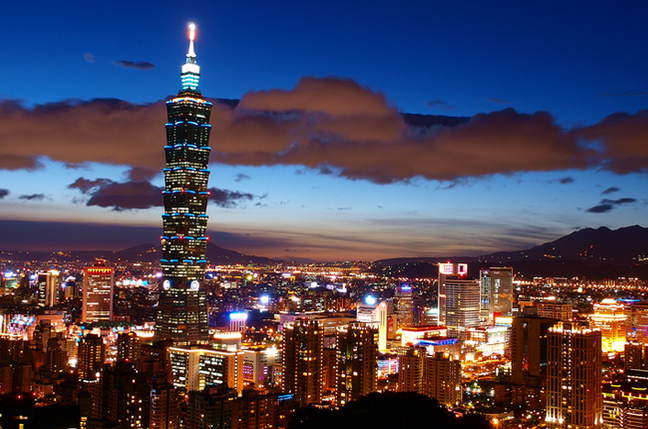One of Hong Kong’s most distinctive restaurants – the Jumbo Floating Restaurant – has capsized in the South China Sea, days after it was towed away from its home of 46 years in the territory’s Aberdeen harbour.
Its owners said in a statement on Monday that the restaurant had encountered adverse weather conditions when passing the Paracel Islands – also known as the Xisha Islands – on its way to an undisclosed location.
“The water depth at the scene is over 1,000 metres, making it extremely difficult to carry out salvage works,” the statement from Aberdeen Restaurant Enterprises said, adding that no crew member was injured and that it was seeking more information from the towing agency. It said it was “very saddened by this accident”.
Opened in 1976 by the late Stanley Ho Hung-sun, a casino magnate in Macau, Jumbo restaurant has become a popular tourist attraction in the former British colony over the last four decades.

Floating Hong Kong restaurant capsizes in South China Sea
Jumbo Floating Restaurant encountered ‘adverse weather’ after being towed away from territory’s harbour
Yksi tekosaari lisää













